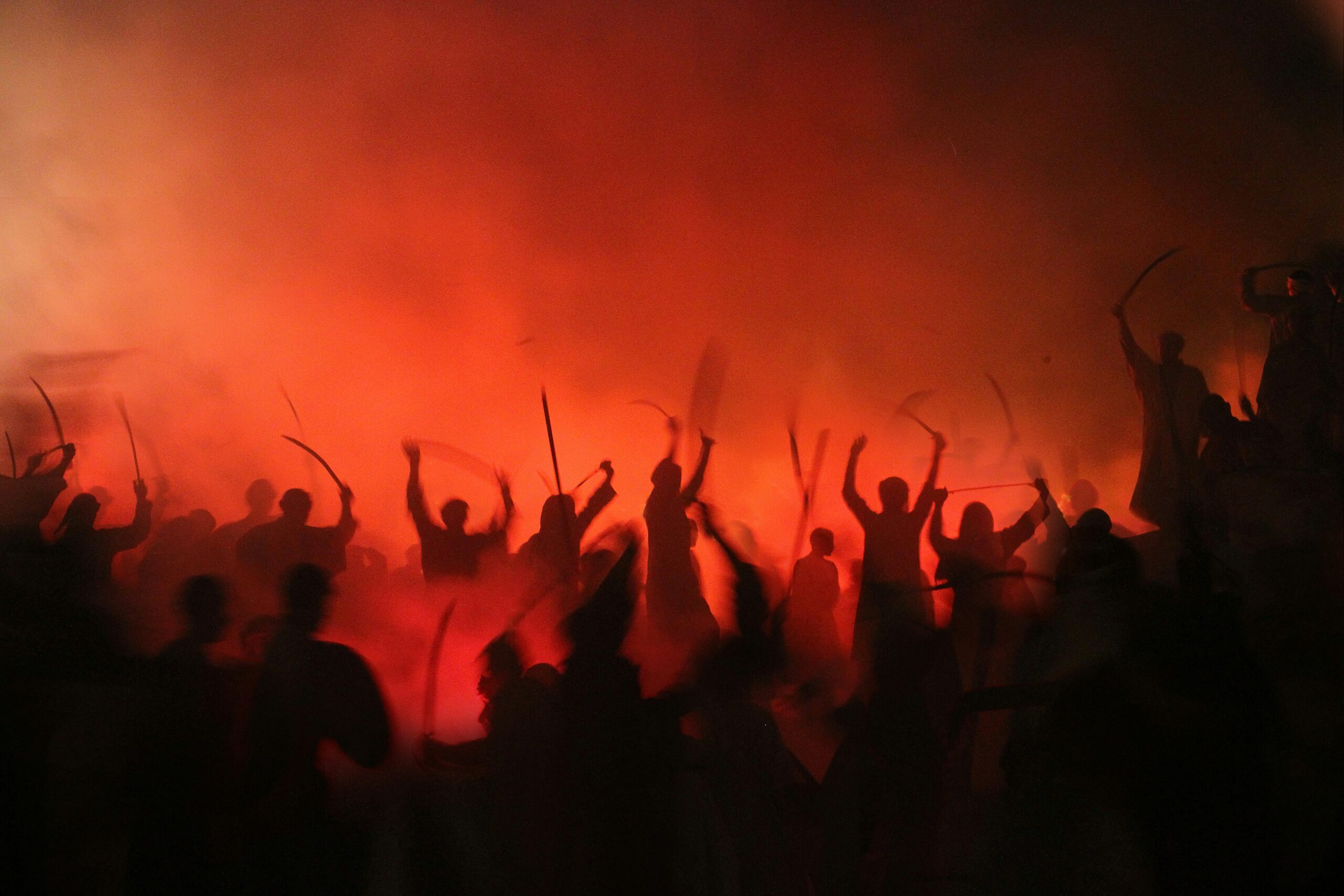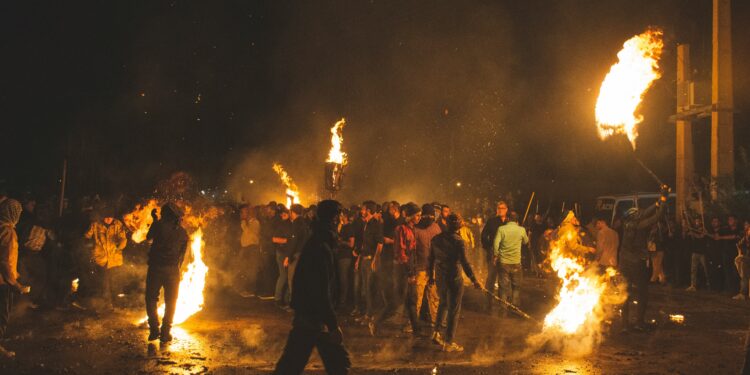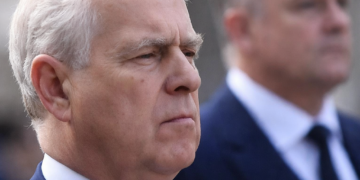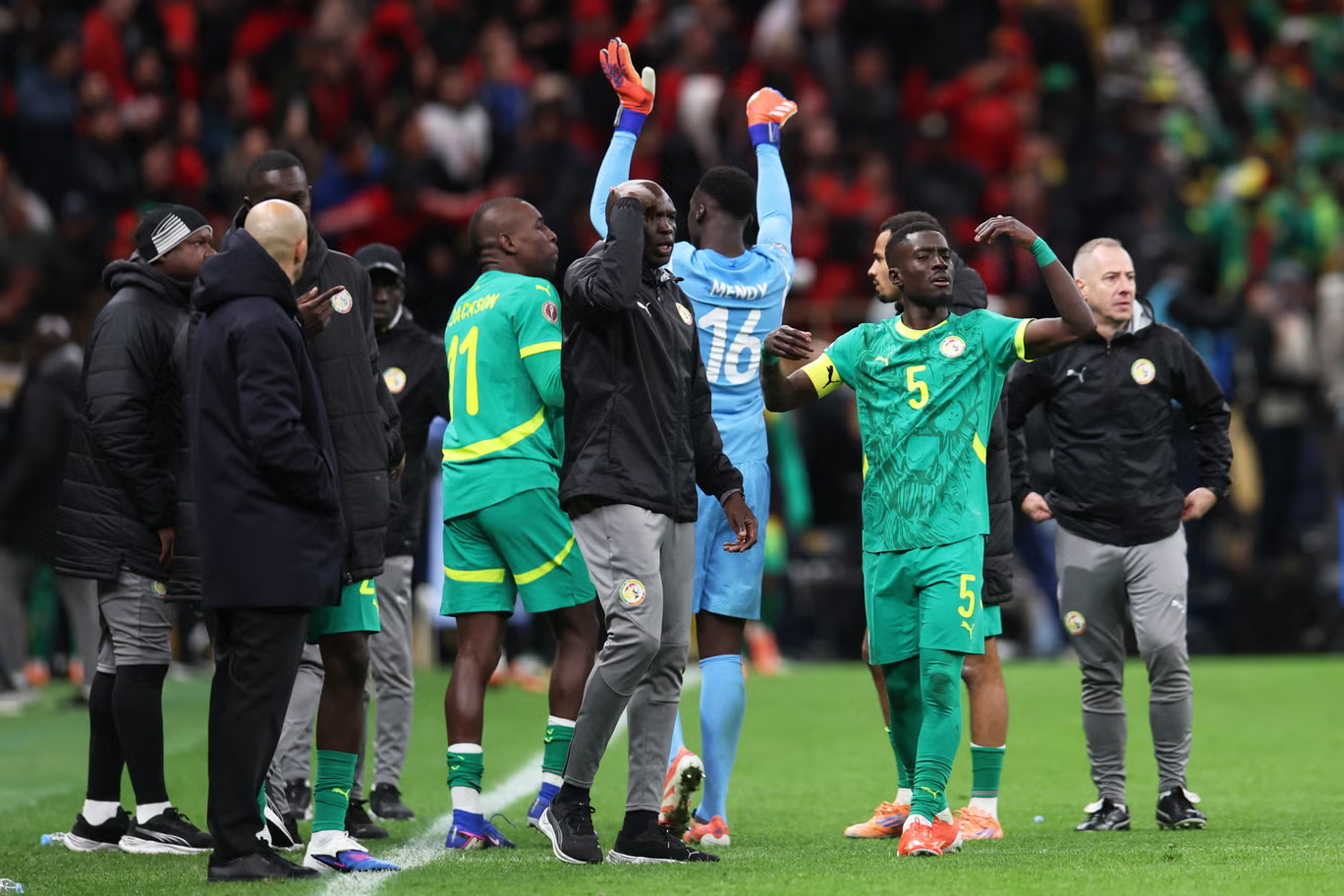Madagascar unrest turns deadly as Rajoelina sacks entire cabinet, a move that exposes just how fragile his leadership has become. When a president decides to fire his entire government in the middle of protests, it is not a show of strength, it is an admission that things are falling apart. The streets have spoken louder than the palace, and the result is blood, chaos, and now a government in limbo.
A Country Burning from Within
The protests in Madagascar are not just about water and electricity outages, they are about a population tired of being ignored. More than 22 people dead and over a hundred injured tell us this is not a small disturbance, it is a nation bleeding in frustration. When the basics of survival like light and clean water are missing, people stop caring about polite politics. The poor in Antananarivo have shown they are ready to risk their lives for dignity, and the government’s answer has been teargas, bullets, and denial.

Rajoelina’s Gamble
By sacking his entire cabinet, President Rajoelina is trying to look decisive, but it feels more like desperation. Leaders don’t wipe out governments that are working, they only do so when the system is collapsing around them. He is hoping that by sacrificing his ministers, he can save his own skin. But the problem is deeper than personalities, Madagascar’s unrest is born from years of poverty, neglect, and broken promises. No new prime minister or fresh cabinet can erase the anger in the streets overnight.
The Weight of History
From the 2009 protests that pushed Marc Ravalomanana out, to today’s violent clashes, the cycle keeps repeating. It seems every few years the island’s people have to remind their leaders that power rests in their hands. Rajoelina, once a product of street protests himself, now finds himself on the other side of history, using the same tactics of force he once condemned. That is the irony of power in fragile democracies, it always eats its own.
The Message Behind the Violence
The deaths of 22 protesters cannot be written off as collateral damage. They are a message: that governance without care, without dignity, will always end in bloodshed. Madagascar is one of the poorest countries in the world, and yet its leaders behave as if they rule over a stable and wealthy land. The unrest is not just about power cuts, it is about a system that refuses to change until the people drag it kicking and screaming.

















